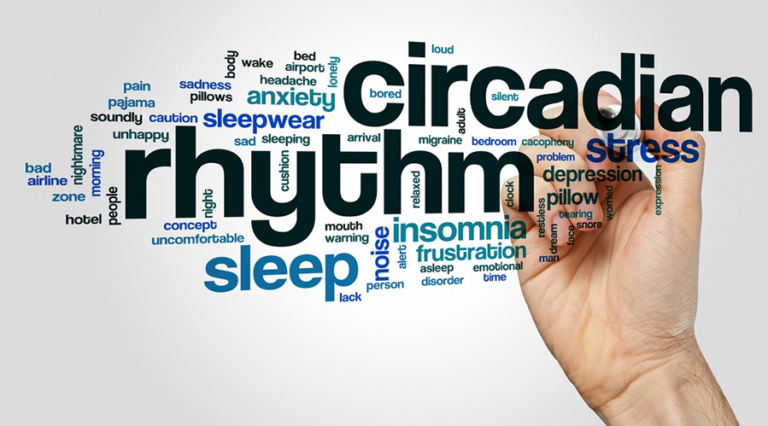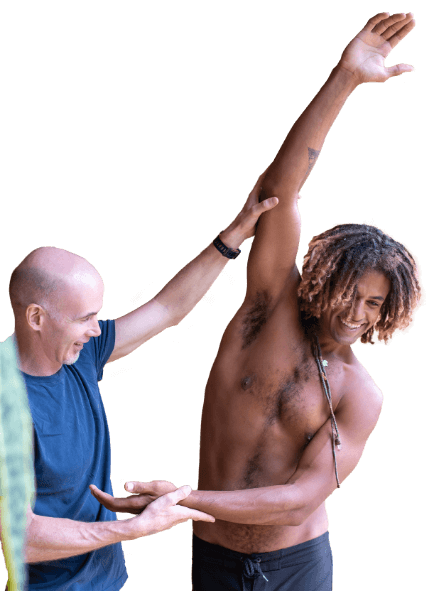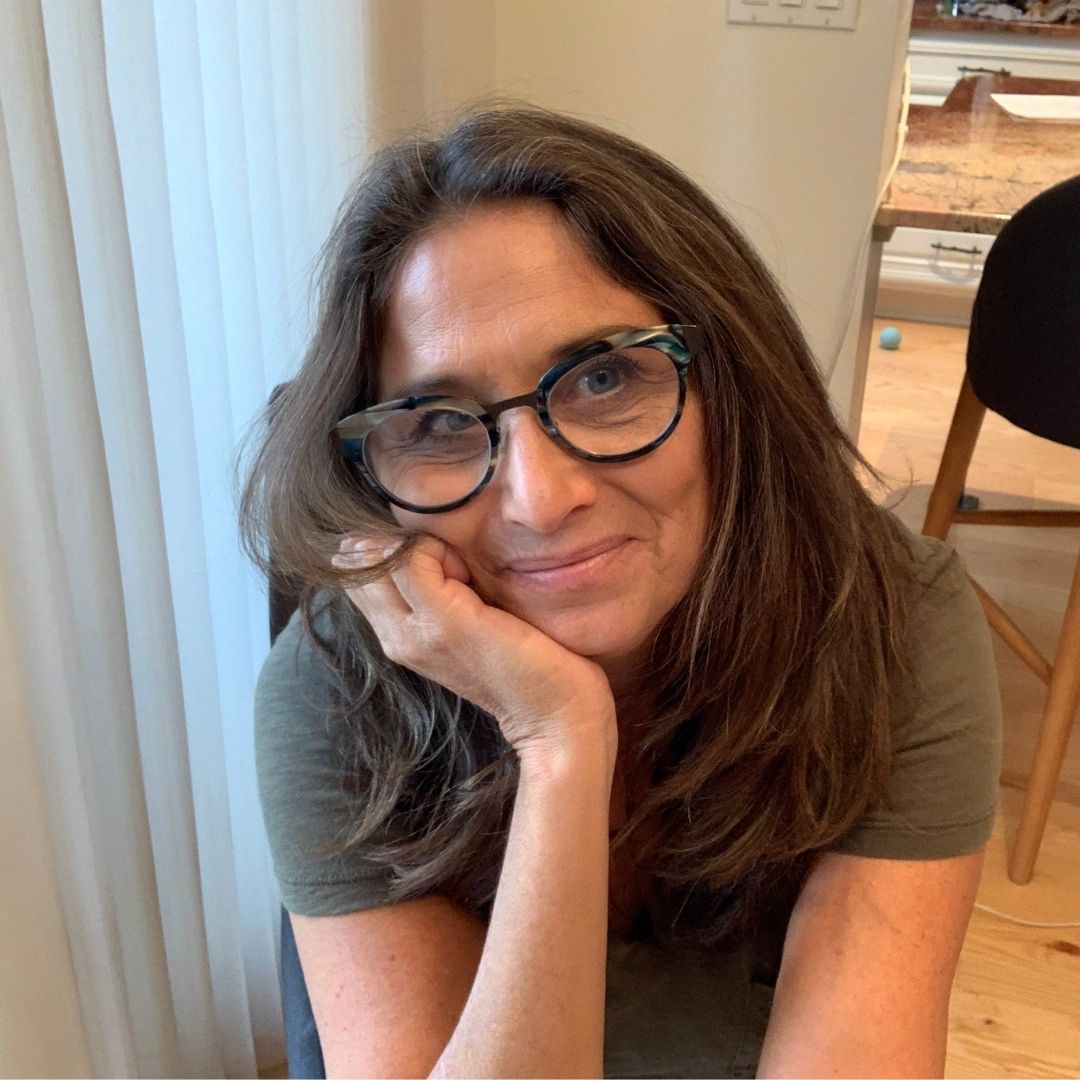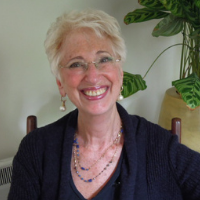
Does back pain keep you up at night?
When back pain affects your sleeping habits, to the point each night you get less and less sleep, it becomes a situation where your whole life is altered and we end up feeling lost and anxious at the same time.
At that point we try several options to get a full night’s sleep (tea, warm milk, reading, watching tv, medication, work out, etc) but most of the time we don’t resolve the main problem: the sleeping cycle is unbalanced.
If you do any research in this area you will come across the phrase Circadian Rhythm. This is a complex topic to understand, however, we need to realize how this cycle affects our body, mind and behavior in our everyday life and relationships (family, work, friends, ect).
What is the Circadian Rhythm?
According to the National Institute of General Medical Sciences, “Circadian rhythms are 24-hour cycles of physical, mental, and behavioral changes that are part of the body’s internal clock, running in the background to carry out essential functions and processes. These natural processes respond primarily to light and dark and affect most living things, including animals, plants, and microbes.”
For example, they help flowers open and close at the right time and keep nocturnal animals from leaving their shelter during the daytime when they would be exposed to more predators.
For humans, some of the most important genes in this process are the Period and Cryptochrome genes. In 2017, researchers Jeffrey C. Hall, Michael Rosbash, and Michael W. Young won the Nobel Prize for their circadian rhythms research. By studying fruit flies, which have a very similar genetic makeup to humans, they showed that these specific genes produce a protein that builds up in cells overnight, then breaks down during the day. This process helps activate feelings of wakefulness, alertness, and sleepiness.
How Does it Work?
Circadian rhythms work by helping to make sure that the body’s processes are optimized at various points during a 24-hour period. The term circadian comes from the Latin phrase “circa diem,” which means “around a day.”
The circadian rhythms are connected to a master clock located in the suprachiasmatic nucleus (SCN), which is in a part of the brain called the hypothalamus. At different times of the day, clock genes in the SCN send signals to regulate activity throughout the body. While other cues, like exercise, social activity, and temperature, can affect the master clock, light is the most powerful influence on circadian rhythms.
Circadian rhythms coordinate mental and physical systems such as:
However, most people notice the effect of circadian rhythms on their sleep patterns. The SCN controls the production of melatonin, a hormone that makes you sleepy. It receives information about incoming light from the optic nerves, which relay information from the eyes to the brain. When there is less light—for example, at night—the SCN tells the brain to make more melatonin so you get drowsy.
This is most noticeable when you travel and are jet lagged. The circadian rhythm is off and you feel sleepy or awake at the wrong times for the destination you are in.
When the Circadian rhythm is thrown off, it means that the body’s systems don’t function optimally. A distrubed sleep-wake circadian rhythm can give rise to serious sleeping problems. Without the proper signaling from the body’s internal clock, a person can struggle to fall asleep, wake up during the night, or be unable to sleep as long as they want into the morning. Their total sleep can be reduced, and a disrupted circadian rhythm can also mean shallower, fragmented, and lower-quality sleep.
In addition, studies (available in the National Center for Biotechnology Information) have identified circadian rhythm disruptions as potential contributors to obstructive sleep apnea (OSA), a sleep disorder marked by repeated lapses in breathing. OSA reduces the body’s oxygen levels and causes numerous sleep interruptions through the night.
As a whole, a misaligned circadian rhythm can negatively affect sleep in many ways, increasing a person’s risk of insomnia and excessive daytime sleepiness. Given the essential role of sleep for productivity and overall health, there are often significant consequences when a person’s circadian rhythm is off.
Disruptions to circadian rhythm can occur over the short- or long-term. Experts have identified a number of types of circadian rhythm sleep-wake disorders (CRSWD) based on their characteristics and causes.
As this list demonstrates, there are diverse causes of circadian rhythm disorders. Some circadian disruptions are related to individual behavior, such as for travel or work, that puts sleep schedules out of whack with normal daylight exposure. Other disorders stem from an underlying issue that causes an inability to receive or process environmental cues that regulate the body’s master clock. In certain situations, genetic causes may be involved, or the cause may remain unknown.
How to help get your rhythm back on track
Personally I use ear plugs and an eye mask at night. I also use blue light blocking glasses about 2 hours before I go to bed.
These steps to improve sleep hygiene can be an important part of supporting a healthy circadian rhythm, but other steps may be necessary depending on the situation. If you have persistent or severe sleeping problems, daytime drowsiness, and/or a problematic sleep schedule, it’s important to talk with a doctor who can best diagnose the cause and offer the most appropriate treatment.
Source:
https://www.nigms.nih.gov/education/fact-sheets/Pages/circadian-rhythms.aspx

Over the last 10 years Ed has been building a YouTube library to help people manage their own pain or movement limitations and increase performance through exercise. He regularly adds videos so be sure to subscribe and visit regularly


"Oh My Gosh- I am ALREADY feeling relief after a few days! I used to wake up 2-3 times a night with shooting pain that anti inflammatories couldn't touch. Now I have been waking up just because I want to notice what it feels like to lay in bed pain free- THANK YOU!."

"When I first started with your program I was experience a lot of pain. Walking was difficult. I had to stop and catch my breath every few minutes and lean against a wall for support. Now when I walk with my husband we go for over an hour. I never had to sit down and stop...and, hardly any pain!!! 😊😊 I can’t thank you enough."
Frustrated that you aren't recovering fast enough?
Discover how to heal from illness and injury using movement, food and lifestyle.
Leave a Reply